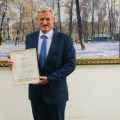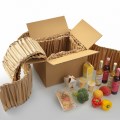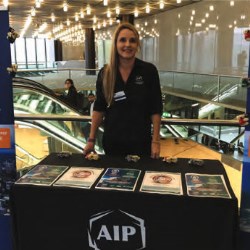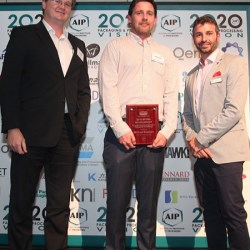If this is your company, CONTACT US to activate Packbase™ software to build your portal.


The University of Melbourne's Faculty of Veterinary and Agricultural Sciences has worked with the food and packaging industries to create a new Masters degree to drive innovation in these sectors.
The Master of Food and Packaging Innovation combines food science, packaging and product design with business skills like project management and entrepreneurship.
Food, confectionary and beverage manufacturer Mondelez International identified this as an area that was underserved in tertiary education, and selected the University to create a Masters-level degree in 2013. A cross-disciplinary team of University staff worked with industry advisers and research groups to design a degree that filled this gap.
Partners include Mondelez International, Simplot Australia, Dairy Innovation Australia, the Food Innovation Centre and the Australian Institute of Packaging, which will assist with the delivery of packaging subjects.
The University's Carlton Connect group will continue to engage industry partners on research and development opportunities across the wider University under the leadership of Professor Frank Dunshea, Chair of Agriculture.
Professor Glyn Davis, Vice-Chancellor of the University of Melbourne, said the degree represents continuing University engagement with industry through teaching and research.
"The Master of Food and Packaging Innovation is a specially exciting initiative for the University, because it helps us tackle a number of critical needs, for new answers in global demand for food, for industry ready graduates across every sector, and for closer collaboration between universities and those on the front line of industry, such as many represented here today. We are confident it will both promote innovation and bring about stronger engagement between the tertiary sector and the food and packaging industries."
Professor Davis said the University's ongoing projects indicate its continuing commitment to working with industry. These include its partnership with Mondelez International on the Australian Research Council (ARC) Industrial Transformation Research Hub 'Unlocking the Food Value Chain' and the ARC 'Dairy Innovation' Hub undertaking dairy science and engineering research.
"This major partnership effort is a credit to Mondelez, and on the University's side highlight a strong belief in industry-relevant research, in collaborative partnering with industry and the preparation of graduates who are ready to lead the way, with industry and in industry."
Amanda Banfield, Mondelez International Managing Director ANZ for Australia and New Zealand, said it is important for large companies to invest in a training and development pipeline to sustain and grow their business.
"While we have been investing internally to make sure that we have the best capability possible, we recognise that we can greatly benefit ourselves and the industry if we’re able to reach out and perform a role in building industry capability", Ms Banfield said.
"This program has really been tailored to broad industry needs and it has been built in collaboration with the industry. It has had input from Mondelez, along with many of our competitors, industry bodies and associations. This means we can be confident that this is a program that will cater to industry needs and be a great example of industry working together to set up our future."
Ms Banfield said she expects graduates will be in high demand.
"It's a globally-relevant qualification that spans the entire R&D pipeline, from concept, right through to production. We see it addressing a major skills gap within the industry."
Professor Ken Hinchcliff, Dean of the Faculty of Veterinary and Agricultural Sciences, said the food and beverage sector requires innovative product designers, able to examine and redesign processes to create healthier and better-tasting foods.
"Australian agribusiness will be increasingly focused on exports to Asia over coming decades", Professor Hinchcliff said. "The fast-moving consumer goods sector is driven by innovation. It requires creative thinkers, who can take a critical view of processes and products and improve these to create new goods that surprise and excite consumers.
They must be food science experts, who can design a product and package that can take a long journey and arrive safely at the other end looking and tasting as good as the day it was made. Graduates of this degree will help to develop goods that will appeal to customers in Australia and overseas as well as contributing to innovative packaging design and food safety."
The University of Melbourne will make a number of $25,000 bursaries available for high-achieving students.


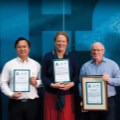
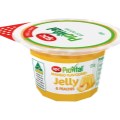



.jpg)



